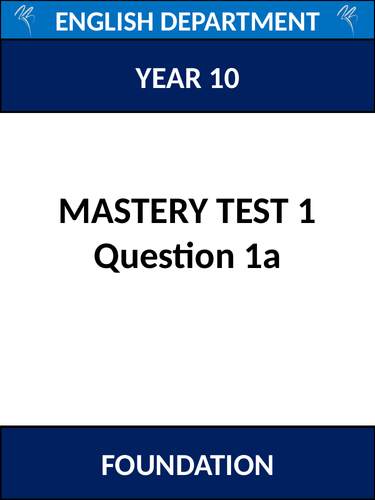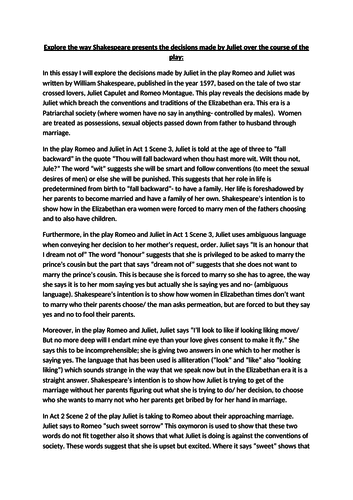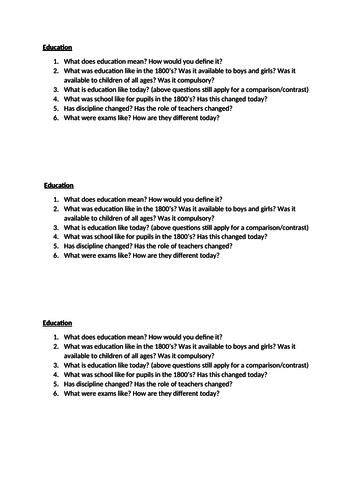Lead Practitioner English resource go-to!
With over 10 years experience working with a range of schools and Trusts across the UK, a range of resources are available to a very high standard. An examiner for 3 main exam boards, resources are updated yearly to incorporate new exam feedback and material.






















